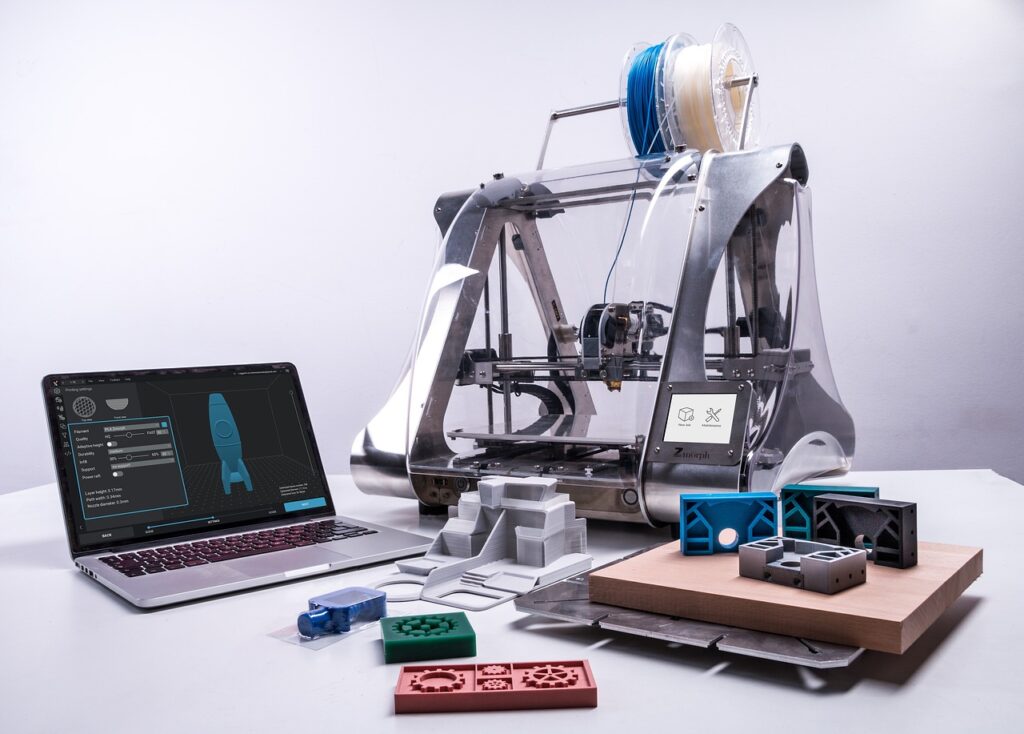Programming, once confined to the realm of computer scientists and engineers, has emerged as a creative outlet embraced by individuals from diverse backgrounds and disciplines. Whether you’re crafting elegant algorithms, building interactive websites, or developing cutting-edge applications, programming offers a gateway to innovation and expression in the digital age. In this article, we’ll delve into the world of programming as a hobby, covering essentials, personal insights, pros and cons, and inviting you to embark on a journey of digital exploration and creation.
What you’ll need
- Computer and Development Environment: Equip yourself with a reliable computer and set up a development environment suited to your programming language and projects. Install essential tools such as text editors, integrated development environments (IDEs), and version control systems to streamline your workflow and enhance productivity.
- Learning Resources and Tutorials: Access a variety of learning resources and tutorials to build your programming skills and knowledge. Explore online courses, books, documentation, and community forums to gain insights, troubleshoot issues, and connect with fellow enthusiasts and experts in the field.
- Projects and Practice: Dive into programming by tackling projects that align with your interests and goals. Start with small, achievable projects to build confidence and gradually challenge yourself with more complex tasks and technologies. Practice consistently and embrace a growth mindset to cultivate your programming proficiency over time.
My Experience
As a dedicated programmer, I’ve embarked on a journey of digital exploration and creation that has enriched my life in countless ways. From my first “Hello, World!” program to developing full-fledged applications and contributing to open-source projects, each coding endeavor has been a stepping stone toward mastery and innovation. The programming community has provided a supportive ecosystem to learn and grow, inspiring me to push boundaries, collaborate with peers, and make a meaningful impact through code.
Pros & Cons
Pros:
- Creativity and Innovation: Programming empowers individuals to unleash their creativity and bring ideas to life in the digital realm. From designing user interfaces to implementing algorithms, programming offers endless opportunities for innovation and expression.
- Problem-Solving Skills: Programming cultivates critical thinking and problem-solving skills by challenging individuals to break down complex problems into manageable tasks and develop efficient solutions. The process of debugging and troubleshooting code fosters resilience and adaptability in the face of challenges.
Cons:
- Learning Curve and Complexity: Programming has a steep learning curve and can be daunting for beginners navigating unfamiliar concepts, syntax, and paradigms. Patience, perseverance, and a willingness to embrace failure as a learning opportunity are essential for overcoming challenges and progressing as a programmer.
- Technical Debt and Maintenance: Programming projects often accumulate technical debt over time, leading to code complexity, inefficiency, and maintenance challenges. Regular refactoring, code reviews, and documentation are necessary to mitigate technical debt and ensure the long-term sustainability of software projects.
Conclusion
In conclusion, programming offers a captivating and rewarding hobby that empowers individuals to explore, innovate, and create in the digital realm. Whether you’re driven by curiosity, creativity, or the desire to solve real-world problems, programming provides a versatile toolkit for turning ideas into reality. So, fire up your editor, unleash your imagination, and embark on a journey of digital discovery with programming. With dedication, persistence, and a passion for learning, the possibilities are limitless in the ever-evolving world of code.


